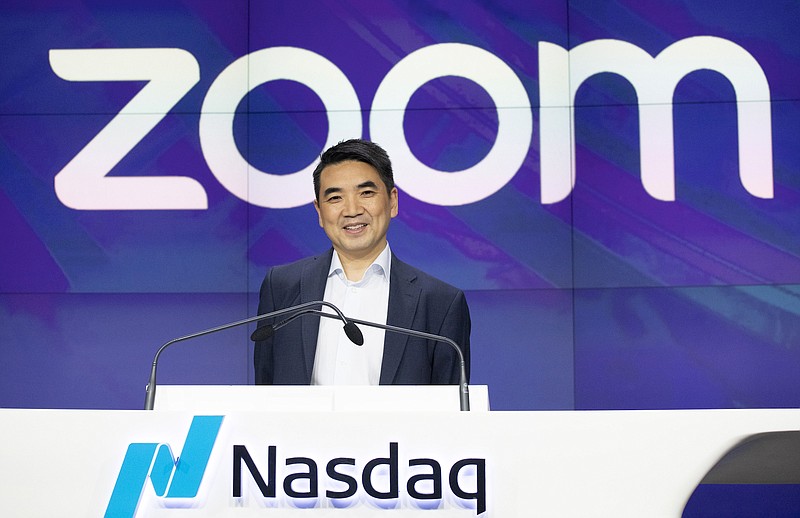COVID-19 has, to put it mildly, altered our way of life. Most of these changes - like only leaving the house for essential reasons and staying at least 6 feet away from nonfamily members - will eventually dissipate.
But some changes could stick around, at least in part, for the better.
Hopefully we'll all wash our hands more regularly than we did before. Some people will probably stick with their daily walks outside, or keep checking on elderly neighbors.
And there's one other potential benefit to many workers: a shift toward more flexible work schedules and increased telework.
Most businesses have been forced to close their doors and limit their operations to what can be done remotely.
This is obviously easier for some businesses than others. But many businesses and individuals, as part of a services-dominant economy that has experienced rapid growth in technology, have been able to continue working remotely, at least in part, even amid citywide and statewide shutdowns.
Before now, remote work and increased workplace flexibility were already on the rise in the U.S. This was due in part to improvements in technology.
But worker demand was also a driving force. According to a survey by Zenefits, 77% of workers say flexible work is a major consideration in their job searches, and a FlexJobs survey showed 30% of workers have left a job because it didn't provide flexible work options.
Parents especially value workplace flexibility and work-family balance - even more than salary and benefits - with over 80% of parents listing these as their most important factors in a potential job.
And as an increasing number of workers find themselves caring for aging baby boomer parents, they too want increased flexibility.
Fortunately, employers are responding. According to a 2019 Survey of hiring managers by USA Today and LinkedIn, offering more flexible work schedules was the most common way employers were competing to attract workers amid the then-record-low 3.5% unemployment rate.
Yet many employers remain skeptical of flexible and remote work.
For starters, there's innate value in face-to-face interactions with co-workers, and that's not going to change. It can also be hard for certain employers to monitor workers' productivity when they don't see them in the office or know when they are working.
Today's forced telework experience provides an opportunity for workers to prove if they can maintain their productivity and responsiveness from home, and an opportunity for employers to learn what type of work can be done remotely, and what is still difficult or impossible.
Some of these changes will stick, and some won't.
In implementing more workplace flexibility and teleworking options, there will be some costs for employers, yet the benefits could be significant. And not just for individuals and employers - but for the entire economy, because it can mean more individuals in the labor force.
That's a triple-positive-whammy for the economy because it means more output, higher incomes and workers who can keep more of what they earn because fewer taxes are needed to support government safety net programs.
COVID-19 has brought tragic losses of lives and enormous economic disruptions. But it will likely also result in life-saving and life-improving changes in medicine and lifestyle.
A potential silver lining could be increased workplace flexibility that will could help many Americans better manage, and enjoy, both their work and personal lives.
Tribune Content Agency
